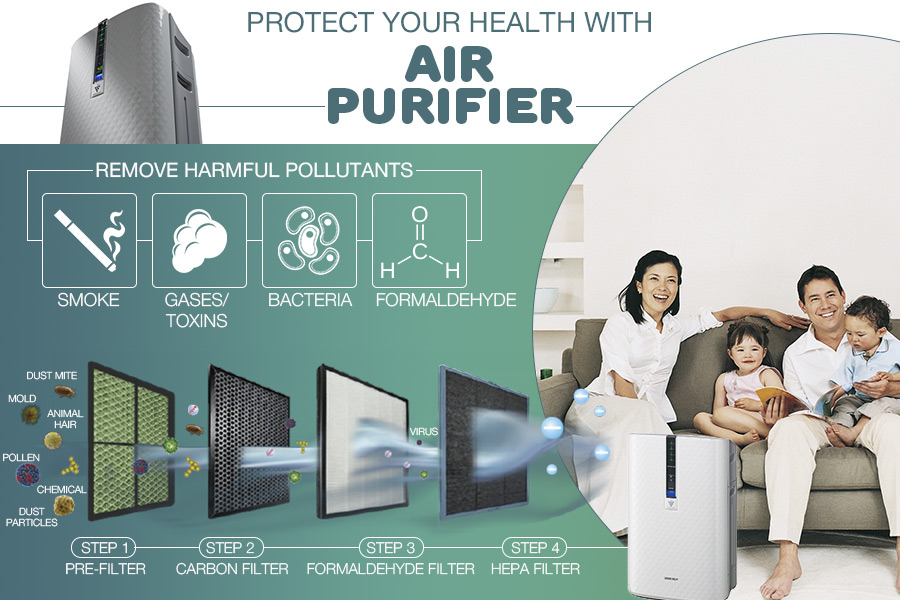The Future Of Home Heating - Just How Heatpump Technology Is Evolving
The Future Of Home Heating - Just How Heatpump Technology Is Evolving
Blog Article
Content Writer-Baker Stack
Heatpump will certainly be a crucial innovation for decarbonising home heating. In a circumstance consistent with governments' revealed energy and climate commitments, their international capability doubles by 2030, while their share in heating rises to one-quarter.
They function best in well-insulated homes and count on electrical power, which can be supplied from an eco-friendly power grid. https://docs.google.com/spreadsheets/d/1QamJmgvCoo2gPNMF6CLm1hIOPmKaJ4V4g2VF7xUhWbQ/edit?gid=905340785#gid=905340785 are making them extra effective, smarter and more affordable.
Fuel Cells
Heatpump make use of a compressor, cooling agent, coils and fans to relocate the air and warm in homes and appliances. They can be powered by solar power or electrical power from the grid. They have actually been gaining popularity because of their low cost, peaceful operation and the capacity to produce electrical power during peak power demand.
Some companies, like IdaTech and BG MicroGen, are working with gas cells for home heating. These microgenerators can replace a gas central heating boiler and produce several of a house's electric needs with a link to the electrical energy grid for the rest.
But there are reasons to be hesitant of using hydrogen for home heating, Rosenow claims. It would certainly be costly and inefficient contrasted to various other technologies, and it would contribute to carbon exhausts.
Smart and Connected Technologies
Smart home technology enables home owners to attach and control their gadgets remotely with the use of smart device applications. For instance, wise thermostats can learn your heating choices and immediately adjust to optimize power consumption. Smart illumination systems can be managed with voice commands and automatically shut off lights when you leave the space, reducing energy waste. And https://docs.google.com/spreadsheets/d/1RCMijeK7K0ksLIXQ7aQ602soOD67UspRjhN5gZVat_Q/edit?gid=145987935#gid=145987935 can monitor and handle your electric usage, enabling you to identify and limit energy-hungry home appliances.
The tech-savvy family depicted in Carina's interview is a great picture of exactly how occupants reconfigure space heating techniques in the light of new wise home innovations. They count on the devices' computerized functions to execute everyday adjustments and concern them as a hassle-free means of conducting their heating techniques. As such, they see no reason to adapt their practices better in order to make it possible for flexibility in their home energy need, and interventions targeting at doing so might face resistance from these families.
Electricity
Considering that heating up homes represent 13% of US exhausts, a switch to cleaner choices could make a huge difference. Yet the modern technology encounters difficulties: It's expensive and calls for extensive home improvements. And it's not constantly compatible with renewable energy resources, such as solar and wind.
Up until lately, electric heat pumps were as well expensive to compete with gas versions in most markets. However brand-new innovations in layout and products are making them a lot more budget-friendly. And much better cold environment performance is allowing them to operate well also in subzero temperature levels.
The next step in decarbonising home heating may be making use of heat networks, which attract heat from a main source, such as a nearby river or sea inlet, and distribute it to a network of homes or buildings. That would certainly minimize carbon discharges and enable families to make use of renewable energy, such as green electricity from a grid supplied by renewables. This option would certainly be less pricey than changing to hydrogen, a nonrenewable fuel source that requires brand-new infrastructure and would only decrease CO2 exhausts by 5 percent if coupled with enhanced home insulation.
Renewable Energy
As electrical power rates drop, we're beginning to see the exact same trend in home heating that has driven electric cars into the mainstream-- yet at an also faster pace. The strong climate situation for electrifying homes has been pushed better by new research.
Renewables account for a significant share of contemporary warmth consumption, however have been offered minimal policy attention globally compared to various other end-use fields-- and also less interest than electrical energy has. Partly, this mirrors a mix of customer inertia, split rewards and, in numerous countries, subsidies for fossil fuels.
New modern technologies might make the change simpler. For instance, heat pumps can be made more energy efficient by changing old R-22 cooling agents with brand-new ones that do not have the high GWPs of their predecessors. Some professionals additionally visualize area systems that attract warmth from a nearby river or sea inlet, like a Norwegian arm. The cozy water can after that be used for heating & cooling in an area.